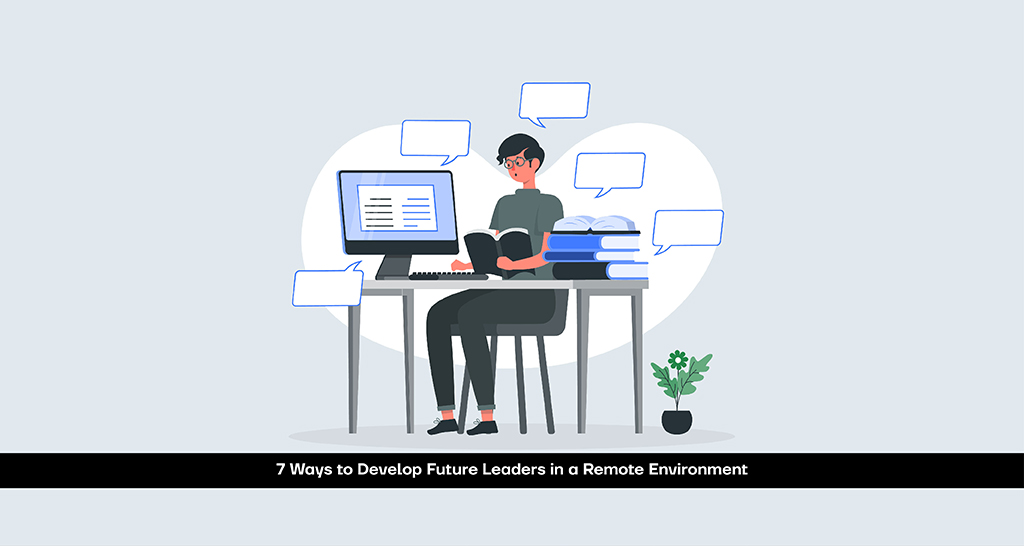The emergence of remote work has significantly altered our approach to leadership development. As teams are now dispersed across various cities, countries, and time zones, fostering the next generation of leaders demands a deliberate strategy and innovative thinking. Below are seven effective methods to cultivate leadership in a remote setting:
Offer Virtual Mentorship Programs
Mentorship continues to be an effective tool for leadership development. In a virtual environment, connecting emerging leaders with seasoned mentors via regular video conferences and messaging applications fosters confidence, offers valuable guidance, and establishes a robust support network.
Create Clear Growth Paths
Motivation is fostered by clarity. Aspiring leaders must have access to a clear roadmap that illustrates their potential for growth within the organization. It is essential to communicate transparent career trajectories, specify the skills required for each position, and offer consistent feedback to ensure they remain focused on their development.
Invest in Leadership Training and Resources
Facilitate access to online leadership training programs, webinars, and eBooks specifically designed to address the challenges associated with managing remote teams. Key subjects such as emotional intelligence, digital communication, and remote project management are crucial for effective contemporary leadership.
Encourage Ownership and Initiative
Effective leaders begin by embracing accountability. Provide aspiring leaders with specific projects or initiatives that enable them to showcase their responsibility and problem-solving abilities. Granting them autonomy allows for the practice of decision-making and the opportunity to learn from practical experiences.
Promote Cross-Functional Collaboration
Promote interdepartmental collaboration among emerging leaders. Engaging in remote teamwork fosters essential soft skills such as empathy, adaptability, and strategic thinking. Additionally, it provides them with a comprehensive insight into the operations of various segments within the organization.
Foster a Culture of Feedback
Continuous and constructive feedback is essential for the development of leadership skills. Implement regular one-on-one meetings, performance evaluations, and peer assessments to assist emerging leaders in identifying their strengths and areas needing enhancement. Foster a reciprocal communication process to cultivate trust and transparency.
Recognize and Celebrate Leadership Behaviors
Recognizing leadership potential is highly beneficial. It is important to acknowledge individuals who exhibit initiative, effective communication, or problem-solving skills, even in casual settings. Offering public recognition during team meetings or through internal communication platforms enhances morale and reinforces desirable behaviors.
Cultivating future leaders in a remote setting necessitates more than merely utilizing online resources; it demands a deliberate approach, trust, and robust support systems. By adopting these seven strategies, organizations can establish a solid leadership pipeline, even from afar, thereby promoting sustained growth and resilience in an evolving landscape.

